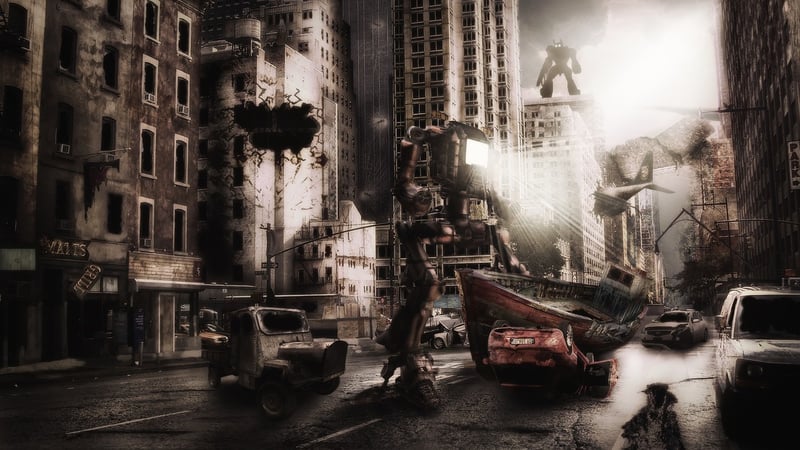Future Worlds
Exploring Historical Periods and Future Worlds
Introduction
Delving into different historical eras can provide us with a deeper understanding of our past, present, and even future. By studying various time periods, we can gain insights into how societies have evolved and how they may continue to change in the future.
Ancient Civilizations
From the mighty pyramids of ancient Egypt to the sophisticated city-states of Mesopotamia, ancient civilizations have left a lasting legacy on human history. Exploring the achievements and innovations of cultures like the Greeks, Romans, and Mayans can offer a glimpse into the foundations of modern society.
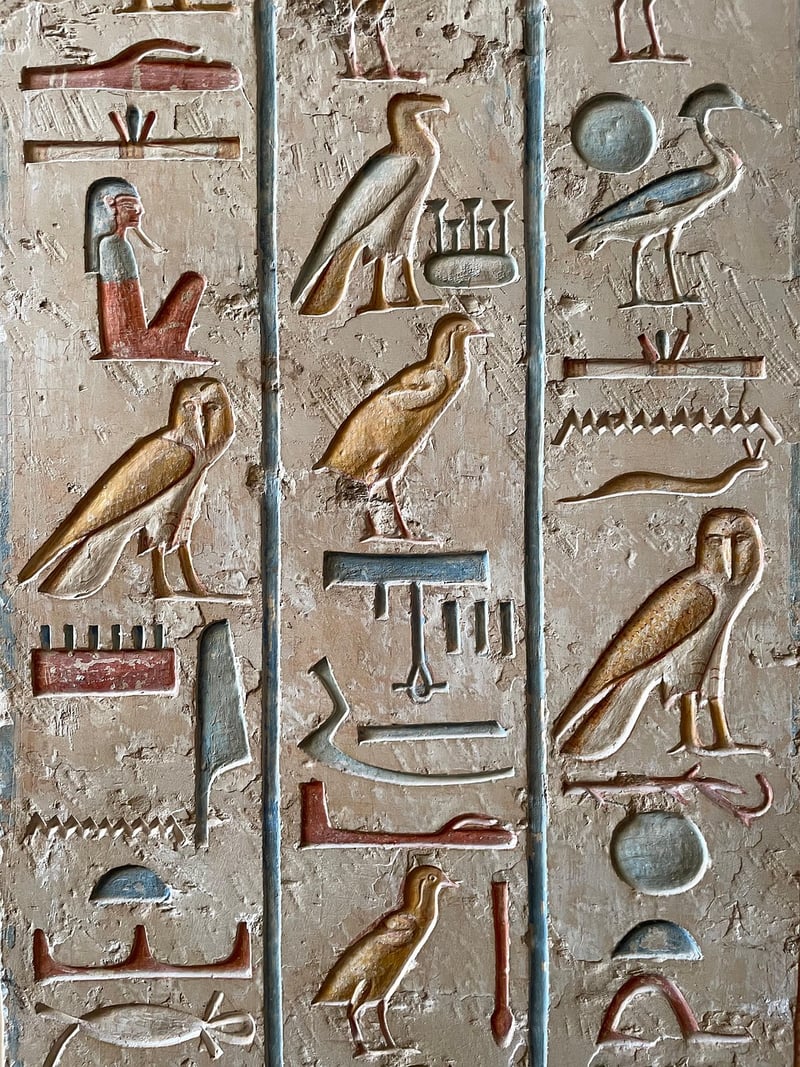
The Middle Ages
The Middle Ages, spanning from the fall of the Roman Empire to the dawn of the Renaissance, was a time of knights, castles, and feudalism. Understanding this period helps us appreciate the development of art, architecture, and governance in Europe.
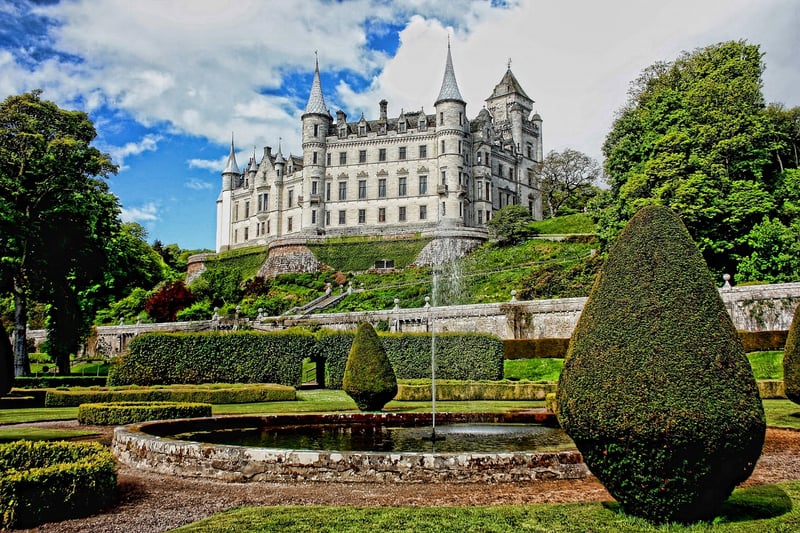
The Age of Exploration
During the Age of Exploration, brave sailors like Christopher Columbus and Vasco da Gama set out to discover new lands and trade routes. This era reshaped global interactions, leading to the exchange of goods, ideas, and cultures between continents.
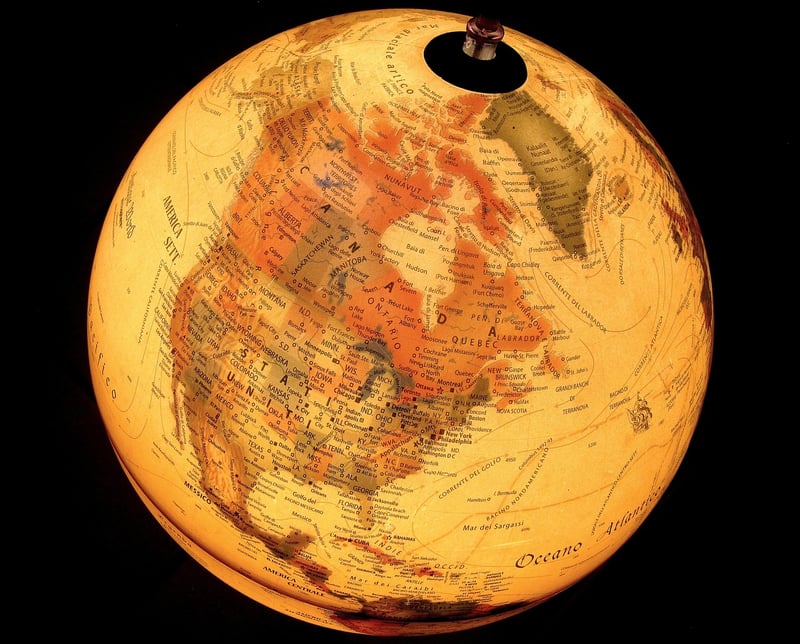
Industrial Revolution
The Industrial Revolution brought about a massive shift from agrarian societies to industrialized nations. Inventions like the steam engine and the spinning jenny revolutionized production methods, sparking rapid urbanization and societal changes.
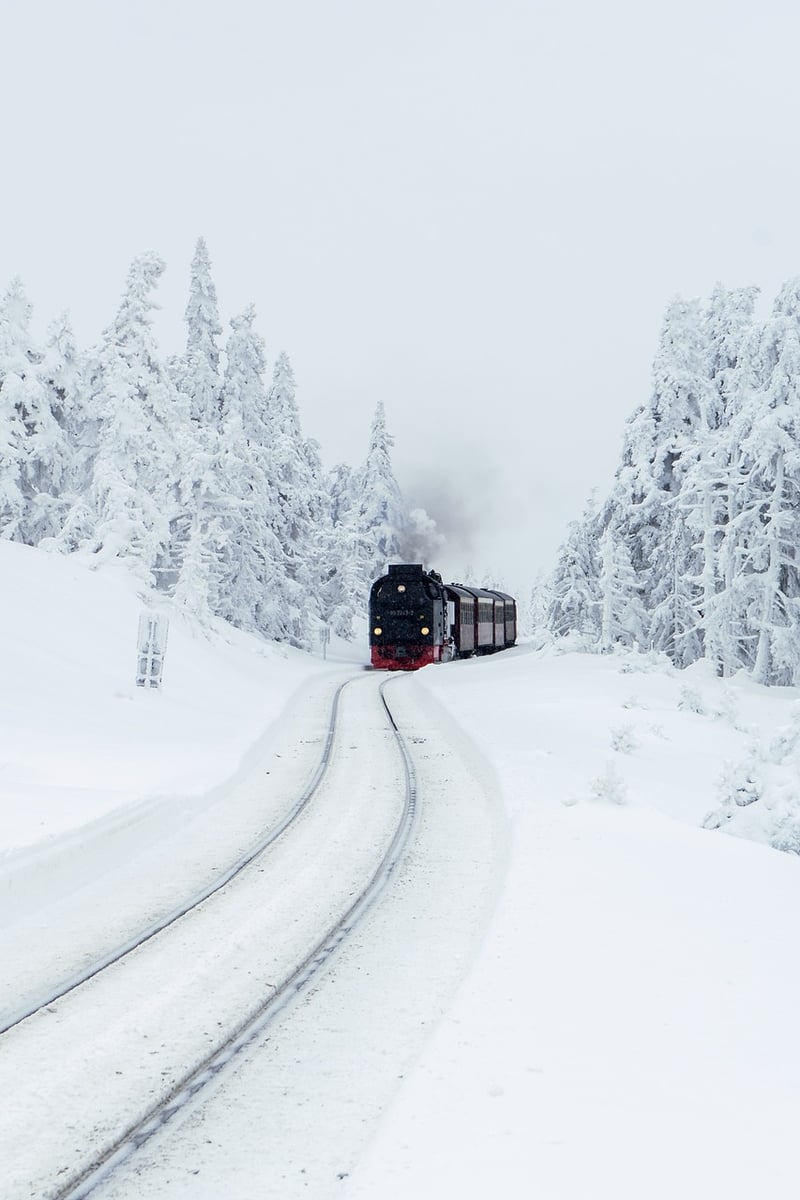
Future Worlds
Speculating about the future allows us to envision potential advancements in technology, society, and beyond. Concepts like artificial intelligence, space exploration, and sustainable living offer a glimpse into what the world may look like in the coming decades.
Conclusion
By exploring different historical periods and contemplating future possibilities, we can gain a broader perspective on where we come from and where we might be headed. The tapestry of human history continues to unfold, weaving together the threads of our past, present, and future.
